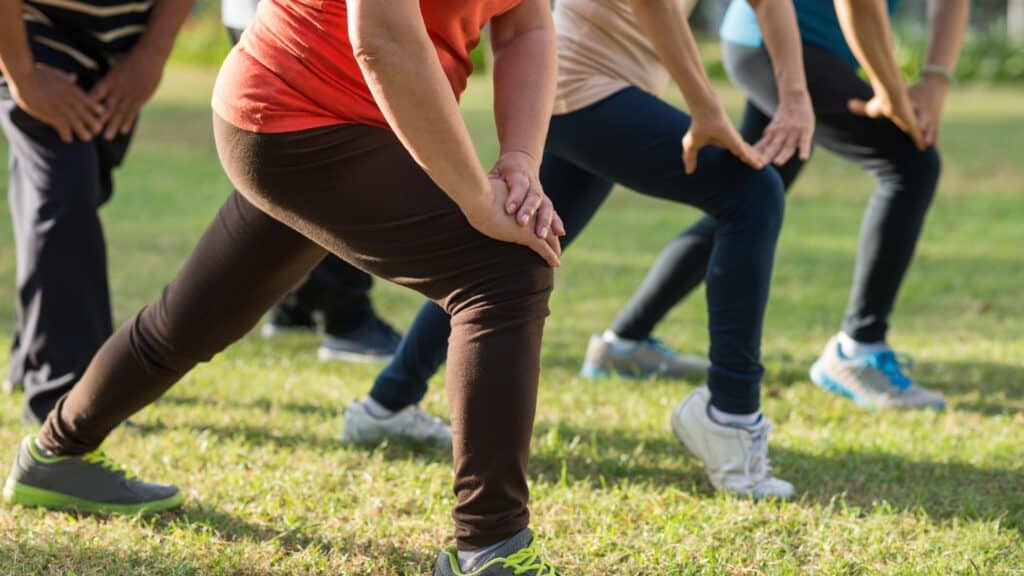In solo running training, diversity is key. Explore new routes, engage with online communities like Strava, and practice mindfulness to navigate solitude. Consider investing in online coaching for personalized guidance and accountability. Set clear goals, maintain a training log, and participate in virtual challenges to stay motivated and on track. With the right strategies, solo running can be both fulfilling and rewarding
I recognise the intricate dynamics of solo running training. Many athletes, like Darryl, find themselves navigating the solitary path without the camaraderie of running clubs or training groups.
In this discussion, I’ll delve into actionable strategies to infuse vitality and purpose into solo training endeavors.

Harnessing Variation
- Route Diversity: Exploring new routes and terrains adds an element of adventure to solo runs, stimulating both the mind and body.
- Online Communities: Engaging with online platforms such as Strava fosters a sense of community and allows runners to share experiences, gain inspiration, and participate in virtual challenges.
Navigating Solitude
- Mindful Running: Embrace the solitude by practicing mindfulness techniques during runs, allowing for introspection and self-discovery.
- Podcasts and Audiobooks: Listening to podcasts or audiobooks can provide intellectual stimulation and serve as a welcome distraction during long runs.
Utilizing Online Platforms
- Virtual Challenges: Participating in virtual races or challenges keeps motivation levels high and provides a sense of achievement.
- Social Accountability: Sharing training updates on social media platforms creates accountability and invites encouragement from friends and followers.

The Value of Coaching
- Personalized Guidance: Online coaching offers tailored training plans and expert advice to suit individual goals and fitness levels.
- Accountability Partner: A coach serves as a dedicated accountability partner, providing support, feedback, and motivation throughout the training journey.
Embracing Accountability
- Goal Setting: Establishing clear, achievable goals provides a roadmap for progress and keeps runners focused and motivated.
- Training Logs: Maintaining a training log allows runners to track progress, identify patterns, and celebrate milestones along the way.
Solo running training presents unique challenges, but with the right strategies in place, athletes can thrive and excel on their solitary journey. By embracing variation, leveraging online platforms, and investing in coaching, runners can transform solitary sessions into fulfilling and rewarding experiences.
As athletes ramp up their training intensity or mileage, they often encounter a familiar obstacle: dwindling energy levels.
Strategies to Maintain Energy Levels During Training
Lorraine shares her struggle with energy dips during training, prompting me to explore potential causes and effective solutions.
Let’s delve into how to combat fatigue and optimize performance during training sessions.

Analyzing Dietary Habits
I began by examining Lorraine’s eating patterns and meal frequency.
I emphasize the importance of sufficient calorie intake to fuel training demands adequately. If Lorraine experiences hunger alongside low energy levels, it suggests a potential shortfall in nutritional intake. This revelation underscores the significance of maintaining a balanced diet and consuming meals rich in carbohydrates, proteins, and healthy fats to sustain energy levels throughout the day.
Related: Running Nutrition: 8 CRUCIAL Nutrition Tips You Need To Know
Strategic Supplementation
To address immediate energy needs, I recommend strategic supplementation with snacks or energy drinks. These can serve as convenient sources of quick energy before and after workouts, replenishing glycogen stores and providing essential nutrients to support muscle recovery. By incorporating these supplements into her routine, Lorraine can bolster her energy reserves and enhance her training performance.
Post-Exercise Nutrition
Equally crucial is post-exercise nutrition, particularly within the first 15 minutes following a workout.
I underscore the importance of refueling the body with a balanced combination of carbohydrates and proteins to facilitate muscle repair and replenish glycogen stores.
This strategic approach to post-workout nutrition can alleviate fatigue and promote optimal recovery, ensuring Lorraine remains energized and primed for subsequent training sessions.
Related: Low Carb Running Nutrition: How To Fuel Before & During Your Long Runs

Understanding Training Fatigue
While fatigue is a normal aspect of intense training phases, I advise athletes to differentiate between temporary tiredness and persistent lethargy.
Consistent feelings of flatness and unmotivated can signal underlying issues such as overtraining or inadequate nutrition. By monitoring energy levels and adjusting training and dietary strategies accordingly, athletes can mitigate fatigue and sustain peak performance throughout their training cycles.
For athletes like Lorraine seeking personalized guidance, I suggest exploring online coaching options. These platforms offer tailored solutions to address individual training and nutritional needs, empowering athletes to optimize their energy levels and achieve their performance goals effectively.
Maintaining optimal energy levels during training is essential for athletes to perform at their best. By adopting a strategic approach to nutrition, supplementation, and recovery, athletes can overcome fatigue and sustain energy levels throughout their training cycles.



Comments are closed.